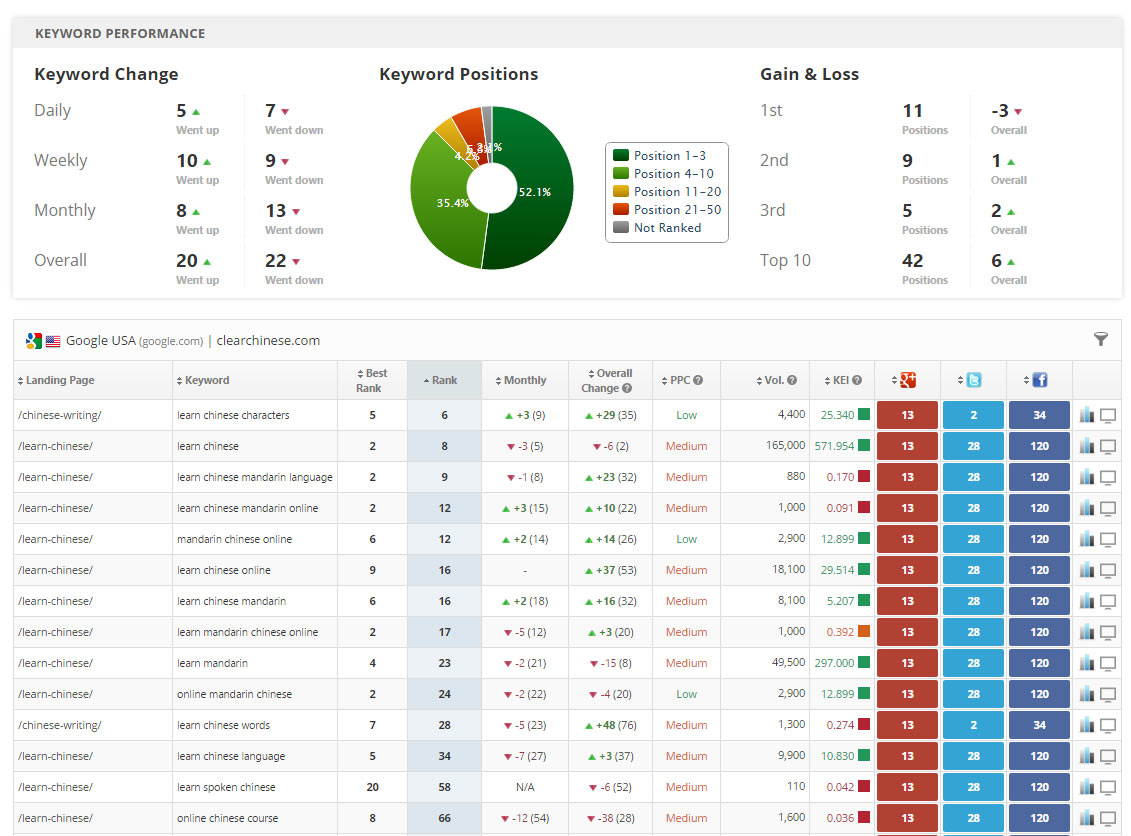Timeline Tales
Exploring the stories that shape our world, one timeline at a time.
Chasing Ghosts: Why Your Rank Doesn't Always Reflect Reality
Unlock the truth behind rankings—discover why your position doesn’t always tell the whole story and learn how to chase real success!
Unveiling the Illusion: Understanding the Disparity Between Rank and Reality
In the realm of search engine optimization, it's easy to get caught up in the numbers. The illusion of high ranks on search engine results pages (SERPs) often leads to the belief that a website's visibility equates to its success. However, this ranking disparity tends to mask the deeper realities faced by many site owners. For instance, while a page may appear at the top of search results, it doesn't guarantee significant organic traffic or conversions. Understanding this disparity is crucial for businesses aiming to define success beyond mere numerical metrics.
Moreover, the factors influencing this rank and reality divide include quality of content, user experience, and targeted audience engagement. SEO is not just about achieving a high rank; it's about fostering connections and providing value to users. In today's digital landscape, metrics such as bounce rates, engagement time, and conversion rates often tell a more accurate story of a website's performance than rank alone. By focusing on these essential elements, businesses can align their strategies with reality, driving not just traffic, but meaningful interactions that lead to long-term success.

The Reality Check: Why Your Rank May Not Tell the Whole Story
The Reality Check: In the world of SEO, many bloggers and website owners place immense value on their search engine rankings. However, it's important to understand that rank alone may not provide a complete picture of your site's performance or success. Factors such as click-through rates, bounce rates, and user engagement metrics can significantly influence the effectiveness of your visibility. For instance, a site might rank highly for a particular keyword but experience low traffic because the search intent does not align with the content provided. This highlights the need to delve deeper into analytics rather than relying solely on ranking numbers.
Moreover, fluctuations in ranking can occur due to various factors such as algorithm updates, seasonal trends, or even competitive dynamics. To truly measure the impact of your SEO efforts, consider evaluating conversion rates or customer feedback alongside your rankings. By focusing on these metrics, you gain a more nuanced understanding of how users interact with your content. In conclusion, your rank may be a starting point, but it is merely one piece of a larger puzzle that determines your website's overall performance and success.
Ranked Expectations: What to Do When Your Position Doesn't Match Your Performance
In the world of SEO, it’s not uncommon for your ranked expectations to differ drastically from your actual performance. You may find yourself investing significant time and resources into optimizing your content, only to see minimal gains in your rankings. This discrepancy can be frustrating, but it’s crucial to understand that search engine algorithms are complex and often unpredictable. Factors such as competition, keyword intent, and changes in user behavior can all influence your ranking, even if your content quality is high.
When faced with this situation, it’s important to take a proactive approach. Analyze your performance through metrics like click-through rates (CTR) and bounce rates to identify areas for improvement. You might also consider stepping back and conducting a thorough competitor analysis to understand what others are doing right. Furthermore, revisiting your SEO strategies might unveil opportunities for better alignment with user intent, ensuring that your content not only attracts visitors but also engages and converts them effectively.